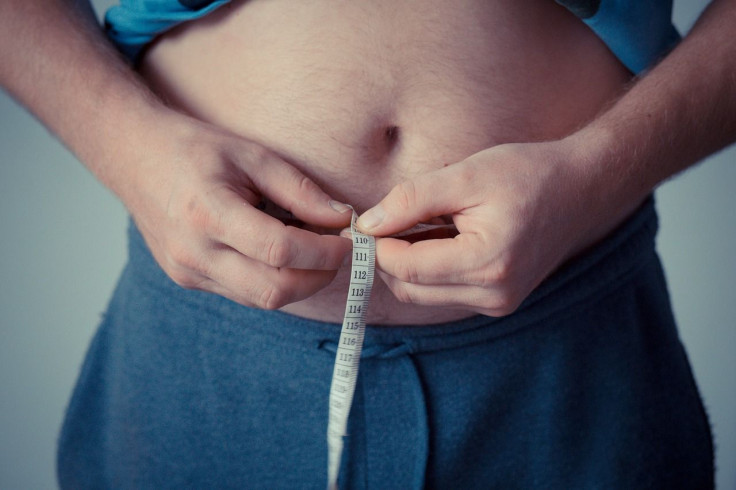4 Signs You are Suffering from Protein Deficiency

KEY POINTS
- Protein deficiency is a condition that athletes must not suffer from
- There are symptoms that will tell you you're protein deficient
- Some of these symptoms include gaining weight
A busy schedule can sometimes lead people to neglect food. Most of the time, the body may not get the right amount of nutrients from foods that you can readily buy in under a minute. One of the nutrients that you may already lack is protein.
Fat gain
When you are protein deficient, you tend to suffer from fat gain and fatigue. Oftentimes, this condition goes along what many would call as the female athlete triad. This would include fatigue, muscle atrophy, and fat gain. When this is present, you are more likely to notice that your workouts are already suffering. Remember that protein is needed to support your energy needs and aid in tissue repair adequately.
Could not sleep well
Another symptom to watch out for when you are deficient in protein is not being able to sleep well. Eating protein-rich foods before sleeping helps in producing serotonin and tryptophan. These foods have a minimal effect on the blood glucose levels, so there is no need to worry about eating them. It must also be noted that protein helps in absorbing sugar during meals. So if you feel that you have been experiencing difficulty in sleeping, you may need to consider a lack of protein.
High cholesterol
A surprising study revealed that high cholesterol is not just a result of eating fatty foods. It is also a result of hormonal imbalances and high-sugar diets. You can replace protein foods with other snacks, but be careful and don’t opt for sugary snack s and refined foods. Replacing your protein with sugary products can drastically increase your cholesterol levels.
Slow healing process
One of the things that would tell you that you already lack protein is that your injuries don’t heal as quickly as they ought to be. You may also suffer from falling, slow bone healing, muscle loss, osteoporosis, and fractures. This slow healing process that could affect even your bones can be attributed to a lack of protein. While it may be true that aging also plays a factor, it would still be best to amp up on your protein intake.
So if you feel that you have been suffering the abovementioned symptoms, better see a doctor quickly as you might already be deficient in protein. Seek the advice of your GP to help you identify the foods that are rich in protein.
© Copyright IBTimes 2024. All rights reserved.





















